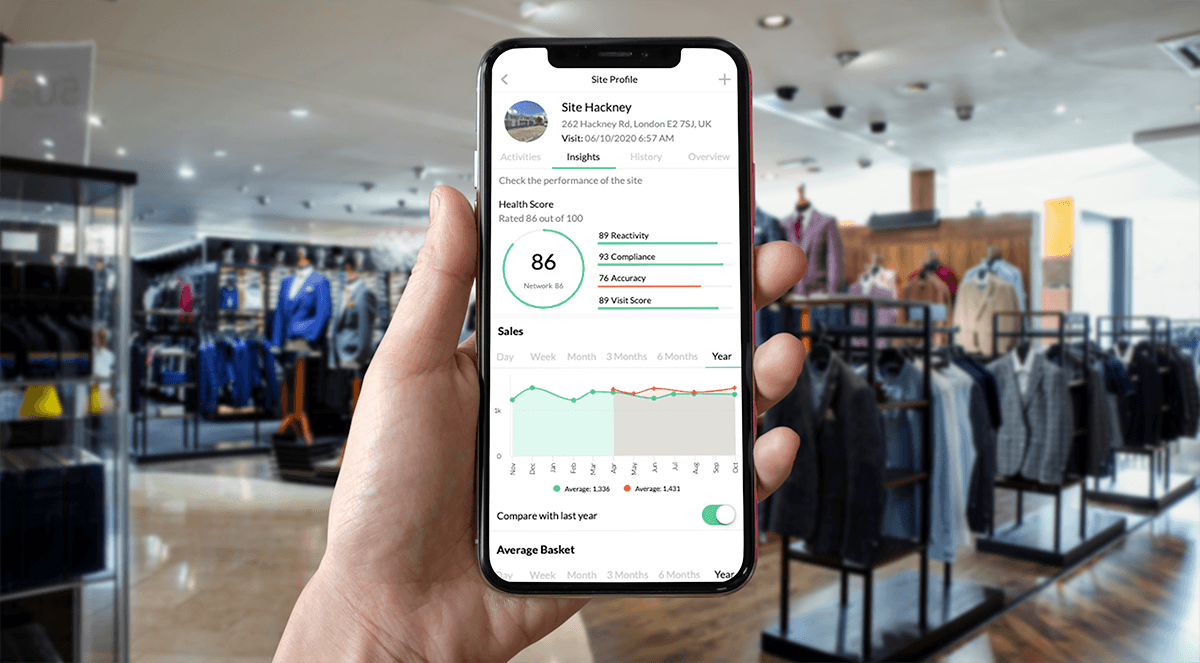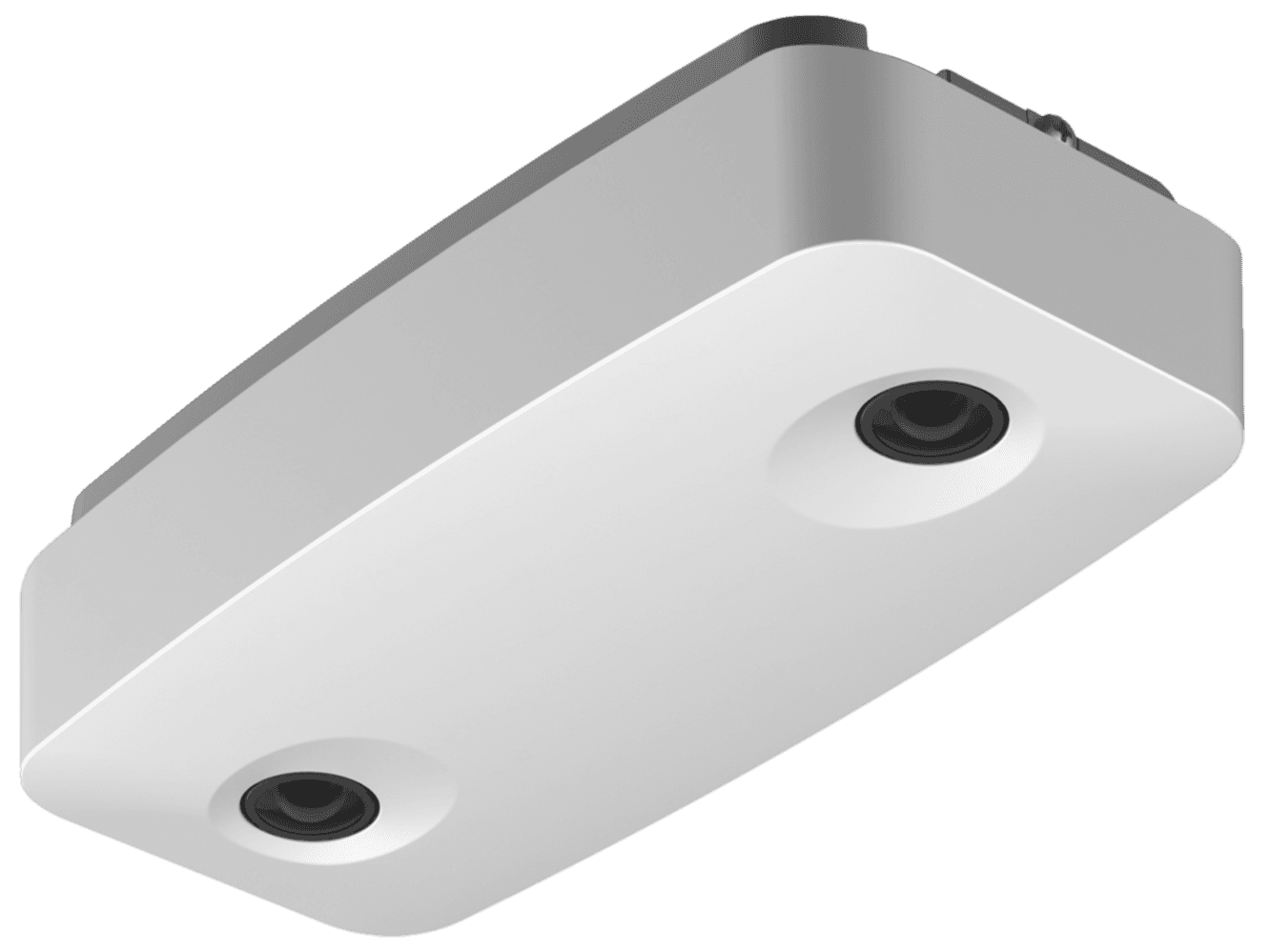How to Empower your Retail Store Teams with Automation

On this page
Retail is a goldmine of data. The problem is most of it never makes it out of its raw form and into the actionable, 24 karat tips that store teams need to perform their best.
Time and time again, retail field and HQ teams express frustration that they just don't have the bandwidth to dive into the mine and analyze the data. As a result, store teams continue to miss out on opportunities for improvement.
There is, in fact, a better way to drive data accessibility, understandability and actionability for frontline teams. When this happens, frontline teams are empowered. They have the tools and knowledge to perform to the best of their ability, and 24 karat magic can be found.

What is this magical missing link? Automation or, in more technical terms, Artificial Intelligence, is the missing link between retail data and frontline employee empowerment. When retailers can automatically, and systematically, drive insights from the data, stores can be empowered and can drive results.
Automation transforms retail data from sources like store key performance indicators (KPIs), online and in-store sales, and foot traffic into tools that give store teams the power to perform their best. It also:
Increases productivity
Improves decision making
Improves customer experience
Boosts organizational agility
What's more, automation profoundly changes an organization. According to McKinsey,
3 of the many ways retailers can use automated retail data analysis to empower their store teams are outlined below:
1) Use automation to turn retail data into store tasks
Retail task execution determines the quality of the in-store experience. However, most task execution is based on what's always been done in-store, not what needs to be done to improve the in-store experience.
Using automated data analysis to create and send tasks to store teams transforms the tasks they complete from box-ticking exercises into decisive actions that make meaningful, measurable improvements to the in-store experience.
Turning real-time retail data into store tasks, whether they're routine or one-off, empowers frontline store teams because:
It removes the inefficient middle layer from the equation. Without automation, it could take a busy area manager weeks or months to uncover relevant data and send tasks to stores.
It boosts engagement and productivity. Showing employees the meaning and progress in what they do is the best way to motivate them. There's nothing more disengaging than being asked to do something when you don't understand why.
It refocuses employees on activities that drive more value, like spending time with customers.
Examples of turning data into tasks with automation:
When a store's conversion rate drops, use automation to send a checklist to the store manager that includes layout, staff management, out of stocks and more to investigate the cause
When the week's forecast shows a significant change in weather, use automation to trigger a task to switch up the store layout to move relevant items (e.g. umbrellas, warm weather gear) into high traffic areas

2) Use automation to turn retail data into targeted internal communications
Unfortunately, frontline employees are still left out of the loop when it comes to internal communications. This leaves them feeling disengaged, despite the important work they do - not to mention the risk that comes with working in a public-facing role during a global pandemic.
Frontline teams are empowered when they have the information and connectivity they need to perform their best. Using automation to create and send internal communications to frontline teams shows them the big picture in what they do.
This empowers frontline teams by:
Connecting them to the rest of the organization by opening up new channels for collaboration and communication
Involving teams directly in fixing issues, rather than waiting for information to trickle down from field and HQ teams
Informing store teams of what specifically drives success and keeping them in the loop so they can take ownership
Examples of turning data into internal communications with automation:
When a top-selling online SKU is identified, use automation to send a targeted chat to store managers to boost in-store sales for that SKU
When foot traffic drops off in one store, but not in others similar to it, use automation to send a questionnaire to the store manager to help them investigate the cause
3) Use automation to turn retail data into targeted training for store teams
All too often, store teams are told what to improve, but not how to improve it.
Training empowers frontline teams because it shows them how to perform their best. And for the social role of a frontline retail employee, the best training will always be based on real-life, applicable situations.
That's why using automation to turn data from these real-life situations into targeted training is one of the most effective ways to train store teams.
Data-driven training empowers frontline teams by:
Actively showing them how they can concretely improve the in-store experience
Boosting their engagement levels by making training hyper-relevant, timely and personalized
Making them more autonomous by providing the right knowledge and skills to make more decisions and handle difficult situations on their own
Examples of turning data into targeted training with automation
When store sales are underperforming in a specific product category, use automation to send a short video course on product knowledge and cross-selling
When a store gets a negative customer review, use automation to send a targeted training module to store teams on handling and resolving customer complaints
Empowered store teams can be your brand's competitive advantage.
Automation empowers frontline teams because it makes their work data-driven. That means they're spending their limited and valuable time where it's most impactful and drives the most results.
And ultimately, that makes the entire organization more adaptable, agile and resilient.
To learn more about how to empower your store teams with automation, visit www.yoobic.com
About the author:

Jacqueline Towers, Yoobic



